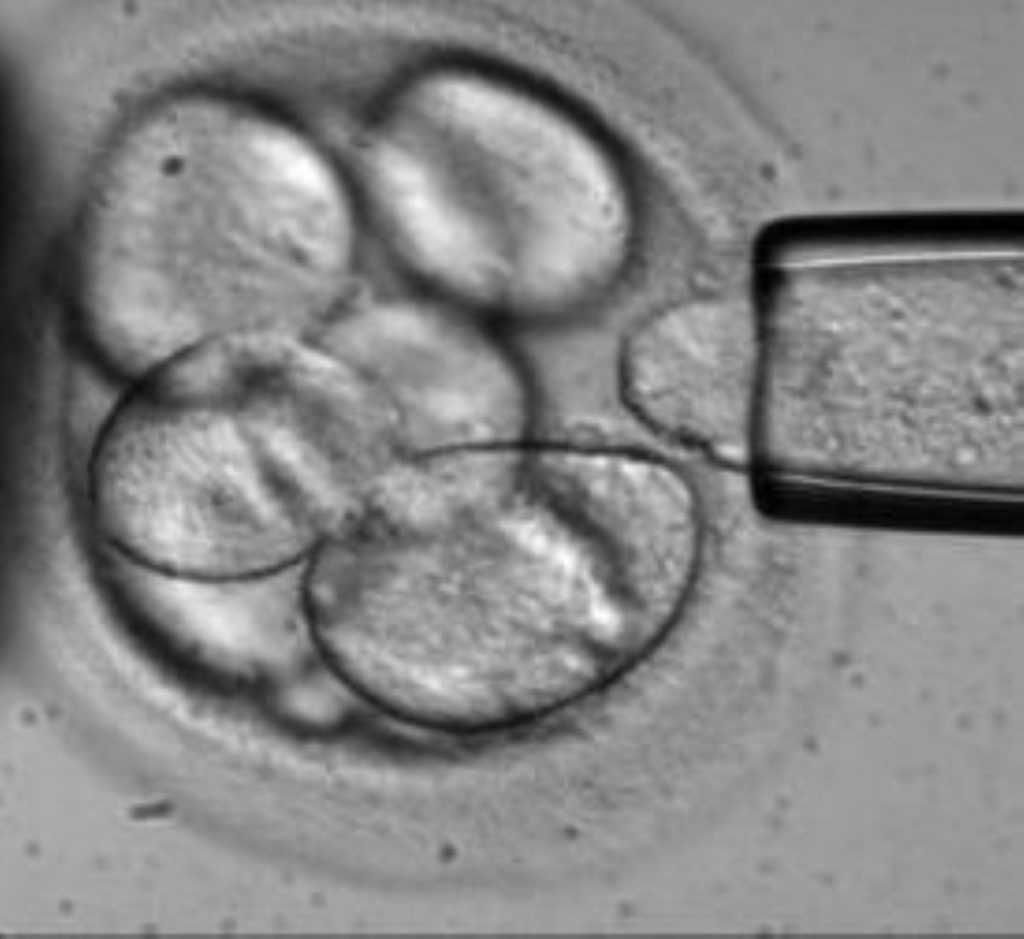MPs call for donor sperm openness
Parents should be compelled to tell their children if they were conceived with donor sperm or eggs, MPs have said.
A cross-party committee reviewing the draft human tissue and embryos bill recommend information about biological parents should be include on birth certificates.
The panel, drawn from the Commons and Lords, stopped short of saying parents should be legally obliged to tell their children, but said the present system was tantamount to the State enabling a lie.
“If parents want to deceive their children that’s their decision, but it is our view that the state should not be complicit in that,” said committee chairman Phil Willis.


The committee said the measure would encourage parents to discuss the topic with their children before they unexpectedly discovered their biological origins.
However, critics claim it is unfair to force parents to share the information, and point out that birth certificates are public documents.
The 18-member committee said further details of the draft human tissue and embryos bill, due to be included in the Queen’s Speech in November, were flawed.
They criticised proposals to combine Human Fertilisation and Embryology Authority (HFEA) and Human Tissue Authority into one body.
Benefits of the move would be small, while abolishing the HFEA risked losing public confidence in existing regulations, the report stated.
Professional groups, including the British Medical Association and Royal Society, welcomed calls to abandon the move.
The committee also expressed doubts over ministers’ proposal that fertility clinics no longer consider the need for a father. While supporting fertility treatment for lesbians, MPs said omitting the reference risked downgrading the importance of a two parent family.
But the committee urged ministers to be more radical in allowing the creation of hybrid human-animal embryos for research, pointing to the shortage of human embryos.
The report also came out strongly in support of ‘saviour siblings’, where embryos are specially selected to help treat a sick sibling.
The technique should not be restricted to life threatening diseases and could also benefit those with serious diseases that have an on-going impact on the sufferer’s quality of life.
Health Minister Dawn Primarolo said: “We are grateful for the report by the pre-legislative scrutiny committee, which we will study with interest, and respond to in due course.
“The current law has served us well, but needs revision. Technology has changed and so have attitudes.”









